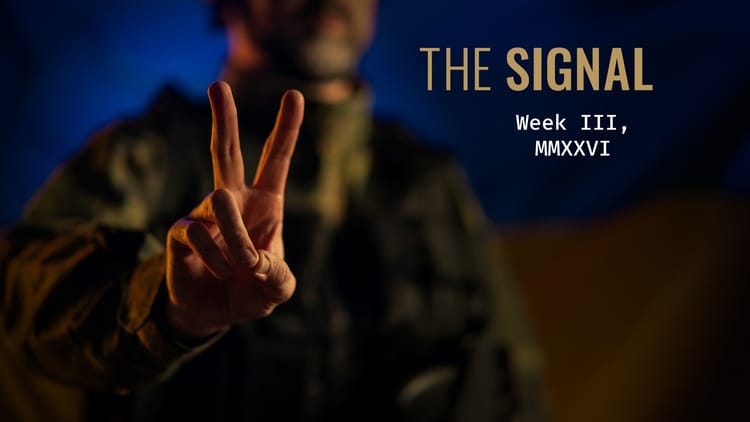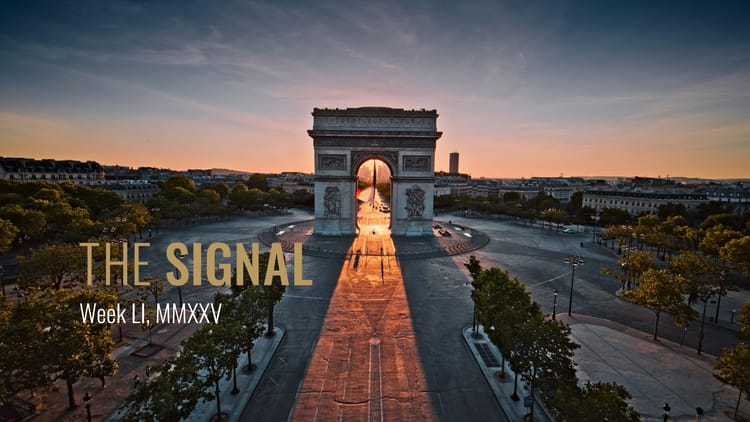Blind spots

This week: How Trump’s chronic boundary-testing points to a specific political vulnerability. What Beijing’s military parade shows about the American president’s view of the world. & How Indonesia’s massively popular strongman learned the hard way that even his devoted supporters won’t tolerate conspicuous corruption—a striking development with implications far beyond Southeast Asia.
Also: Darrell Driver on why Russia is jamming GPS navigation on flights across Europe. Michael Bluhm on August’s sudden, big drop in tech-company share prices. Brendan Hasenstab on the past and present of Afrobeat. & John Jamesen Gould with an update on The Signal.
+ Weather report: 30.8406° N, 115.2838° W …
Every boundary
Since first taking office in 2017, U.S. President Donald Trump has always treated institutional constraints as pragmatic obstacles rather than legal or otherwise legitimate limits. It’s been a signature of his governance—firing FBI Director James Comey while Comey investigated Russian interference in the 2016 American elections and potential connections between Russia and the Trump campaign; pressuring Ukrainian President Volodymyr Zelenskyy to investigate then-former U.S. Vice President Joe Biden while withholding military aid; demanding the U.S. state of Georgia’s secretary of state “find the fraud” to overturn 2020 election results; installing loyalists while purging career officials who won’t bend; and so on. The list is by now long.





